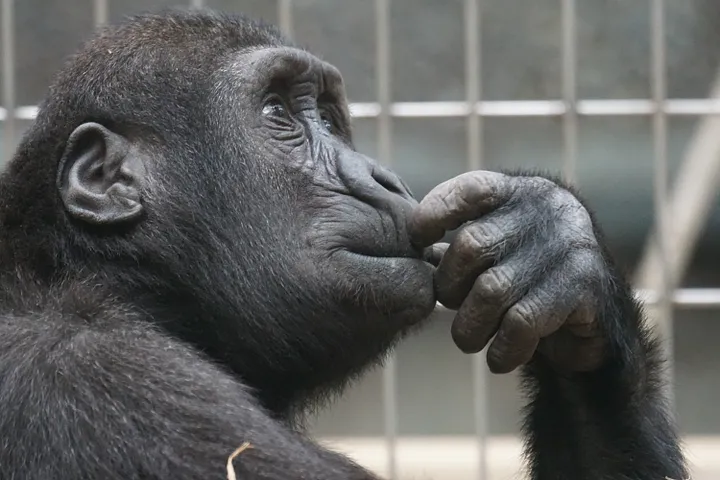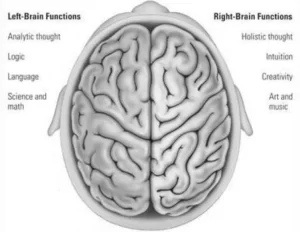According to this latest research, an average person consumes articles, 8200 words, and 200+ messages daily.
The way we perceive this world information is shaped by various cognitive laws and biases.
These mental frameworks can significantly influence our understanding of reality and can either hinder or foster our decision-making process.
Cunningham’s Law
Let’s start with Cunningham’s Law. It suggests the following.
The best way to get the right answer on the internet is not to ask a question; it’s to post the wrong answer.
Named after Ward Cunningham, the creator of the first wiki, this law represents the internet culture of correction and explanation.
When someone posts an incorrect statement or fact, the online community runs to correct it, often providing extensive details and references.
For example, suppose you post an incorrect interpretation of a historical event on a forum.
In that case, you will likely be flooded with responses correcting your statement, offering the correct interpretation, and providing you with additional resources for further learning.
Confirmation Bias
This is a cognitive bias where people favor information that confirms their existing beliefs or values.
We are all guilty of it to some extent.
For instance, if we believe that money cannot buy happiness, we are more likely to notice and remember cases that support this belief.
Such as a wealthy person who is unhappy while ignoring contrary examples, like a rich person living a fulfilled life.
Brandolini’s Law
Brandolini’s Law is also known as the Bullshit Asymmetry Principle.
According to this blog, It states that the energy needed to refute bullshit is an order of magnitude larger than to produce it.
For example, it’s reasonably easy for a person to share misinformation about a complex issue like climate change.
But it takes much more effort for experts to disprove these misconceptions due to the necessity of explaining difficult scientific concepts.
Incentive Bias
Incentive bias is a cognitive bias that heavily affects our decisions.
It’s the tendency for individuals to behave in ways that are rewarded and to avoid actions that are penalized.
For example, employees may work harder if they know their performance will result in a bonus, even if they don’t find the task intrinsically motivating.
Fredkin’s Paradox
Fredkin’s Paradox is also known as the paradox of choice.
It states that the more equivalent choices we have, the harder it is for us to make a decision and the less satisfied we are with our final choice.
Let’s take an example; this paradox can be seen in everyday life. The vast collection of choices often leaves us feeling overwhelmed and unsatisfied when shopping online.
It does not matter what we eventually choose.
The Streisand Effect
This occurs when an attempt to hide, remove, or censor information has the unintended consequence of further publicizing that information.
It’s named after Barbra Streisand, who tried to suppress photographs of her residence in Malibu, California, inadvertently drawing more attention to
The bottom line
Understanding and recognizing Cunningham’s Law, Confirmation Bias, Brandolini’s Law, Incentive Bias, Fredkin’s Paradox, and the Streisand Effect can greatly enhance the way we process information and make decisions on a daily basis.
Being aware of these cognitive laws and biases empowers us to analyze our own beliefs and perceptions critically.
Undoubtedly, more self-awareness could lead us toward more meaningful conversations.
Book recommendation: The Alchemist, 25th Anniversary: A Fable About Following Your Dream by Paulo Coelho




